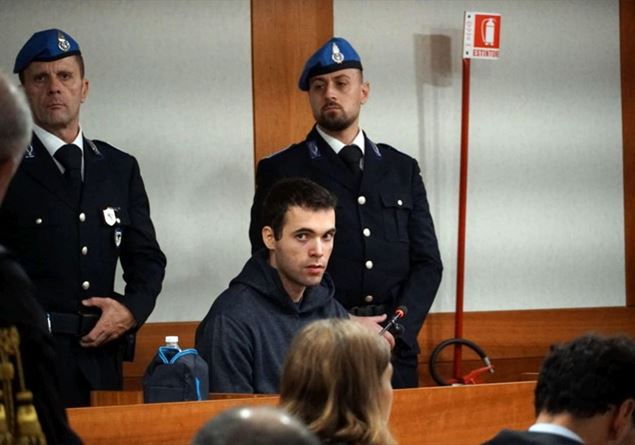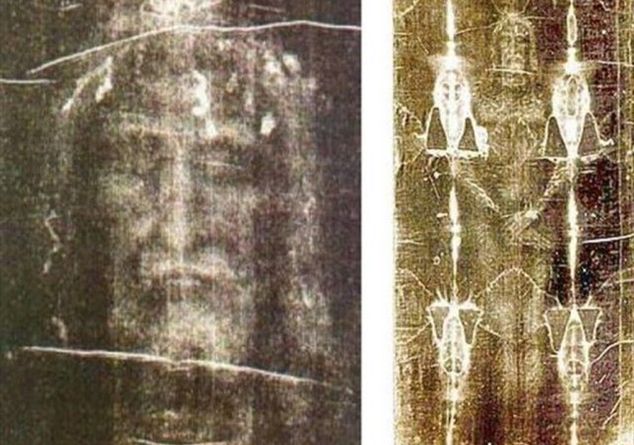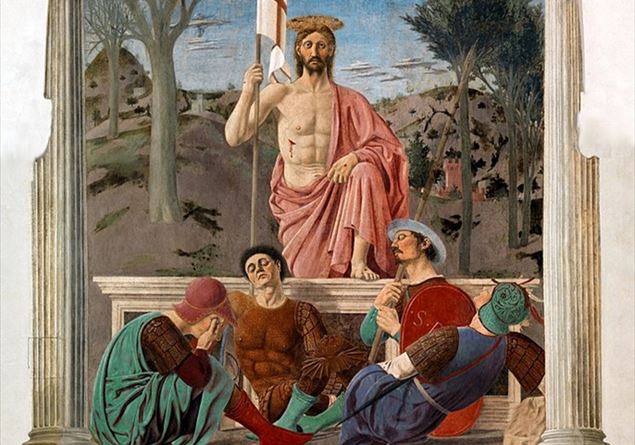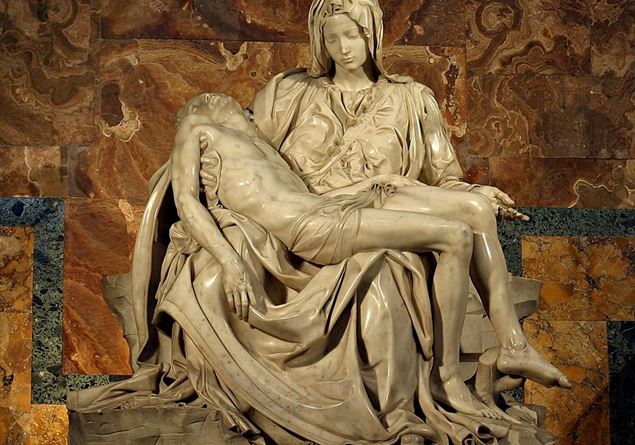Almost always in unilateral young people, without the relationship with the other, in evil narcissism, envy is strong towards those who have succeeded more than themselves. Thus, they try to bring the partner back, the most successful, to feel helpless, fragile, incapable as he is, thus recomposing symmetry. In the delusion of omnipotence of malignant narcissism, arrogant impulse to transcend all limit, hatch, in fact the impotence of avidia, jealousy.
When omnipotence undergoes a frustration, when it comes across the limit, then you fall, rushes (like Lucifer), in the gorgo of defeat: Power becomes impotence, the sense of superiority becomes a sense of inferiority, arrogance turns into rancor, trust in one’s own value in bankruptcy and impotence is born inexorable the envious impulse.
These are the premises that connect femicide and envy. In fact, the envious passion is a resentment in seeing one’s own good put in the shadow of the good of the other, the most successful. We remember here, Cain and Abel. Cain’s sin is full of symbolic implications: we confirm the mixture between envy (towards Abel) and jealousy (towards God who prefers his brother’s gifts), and shows us how the violence of this bruised and silent passion can lead to evil and criminal action, up to the murderous act. But above all it reveals that the condemnation of God (who allocates Cain to a sad and fugitive existence) affects those who break the fundamental precept of “loving others” (Dt. 5, 21; eg 20, 17). And today a malignant narcissism is increasingly evident that tends to eliminate those who cannot control to conform, And the push to enjoy autistic way, without any link with the other, rejecting the limits and “the things of love”. This is why Narcissus is always a Cain. Cain’s gesture finds its foundation, in fact, in that of Narcissus: refusing the limit, getting lost in one’s own image, erase the shortcomings and any frustration. Thus, envy does not feel reasons and puts his victim on the cross.
It is a disintegrating and destructive feeling that kills love, sacrificing him to an unstoppable desire for revenge. Envy and resentment are therefore negative and destructive relational defects towards the other. Maximum expression of the “anti-love”. Envy, in fact, presupposes the “comparison”, the good of the other appears as a check, a decrease in one’s being, Other excellence is perceived as a decrease in one’s own. In fact, it is not an emulative or sympathetic comparison, but of destruction.
As Max Scheler teaches us, comparison is a universal structure of the human, but can take different connotations: the noble man has the awareness of his “first” value of confronting the other, the envious develops it alone “at the time of comparison and by virtue of this”. The oppressive awareness of one’s inferiority, due to the fact that he feels he cannot access the same assets or qualities that the other possesses, leads to a painful tension, And it is so saying resolved through the denial or suppression of the other, thinking “magically” that only in this way check it, disappear. And it is precisely in the “proximity” that the comparison is tightened and flows into the evil action, up to the murderous act. It grabs us in the face of the success of a relative, a colleague of work, of a study companion, with respect to which, badly digests the smallest difference. That difference becomes a painful sign of frustration, unacceptable.
Envy can take on multiple forms, which all presuppose, the will to damage the other: By devaluing him, praising someone to devalue someone else, playing against each other, damaging their image, the value in order to appease (erroneously) his frustration. Or trying to dilute its violence with self -pity, existential sadness; The check, with the “sad passions”: depression, anguish of life, unhappiness. A sign, however, is, often unequivocal and can be grasped in the eyes. “In-Video” means “without vision”, “not to bear its view”, “dark face”. A sad, rancorous, suffering look. It is with an evil eye, says Plutarch (in the Convivial issues) that those mortal rays start, in that gaze an astioso regret is expressed, a suffering compared to the good, the quality of the other, since it perceives one’s deficiency with greater bitterness.
So from the words of Elena Cecchettin (The messengeror 18/11/2023): “Filippo controlled the phone, the exits. A coercive craving that did not limit himself to the control of Giulia’s phone or his outings, but also extended to the study: the boy had told her clearly and round that he did not stand the fact that she graduated before him. Filippo always said that she had to postpone the degree, who was to wait for him. He knew he had problems, but he did not want to heal, And from the memorial of Filippo Turetta (court of Venice 2310/2024) we read: “(Giulia) He had to help me with the exams … I wouldn’t have done it if he didn’t help me, and I would have been left back … it wasn’t right not to help me … if we don’t graduate” together “life ended for both”. (page 23). And again: “At 16-17 I was envious of many other guys I saw many friends with whom they often found themselves. envious … “(p. 39 and ff.). And Elena (Cecchettin) concludes, reflecting on the company: “Many men since children are treated with pliers, they are not also responsible for an emotional point of view to know how to accept a” no “and to ask for help and this does not facilitate access to psychotherapy and emotional education. Here, we believe instead, that the psychological work of self -understanding, and help, is a social” value “, which determines not only personal changes, but for the common good … narcissistic, in the malignant contemplation of oneself.
Beatrice Balsamo
Philosopher of the person, psychoanalyst, specialized in ethics, communication and cinema. He collaborates with the University of Bologna, Parma, Ferrara for the teaching of human sciences and philosophy of the person. He is President of APUN (APS) – Association of humanistic psychology and narratives. Philosophy Arte Human Sciences. CINTER OF CINCACE-Cinema to think, in support of the most fragile, is scientific director of the International Mens-A/ Thought and Dialogue event, which takes place in the entire Emilia-Romagna region. In 2023 he was conferred on Prof. by the President of the Republic, the honor of Knight of the Order “Merit of the Italian Republic” for the many innovative cultural and social initiatives and attention to others. Among its numerous publications: love whispers of a light breeze (2013), praise of sweetness (2017) and, with mursia, in beauty. When the word is missing (2020). Kind wisdom. In a trail of words (2023).









